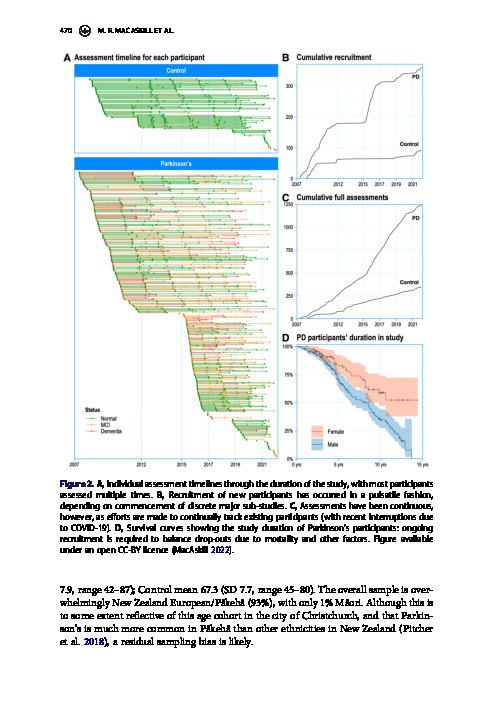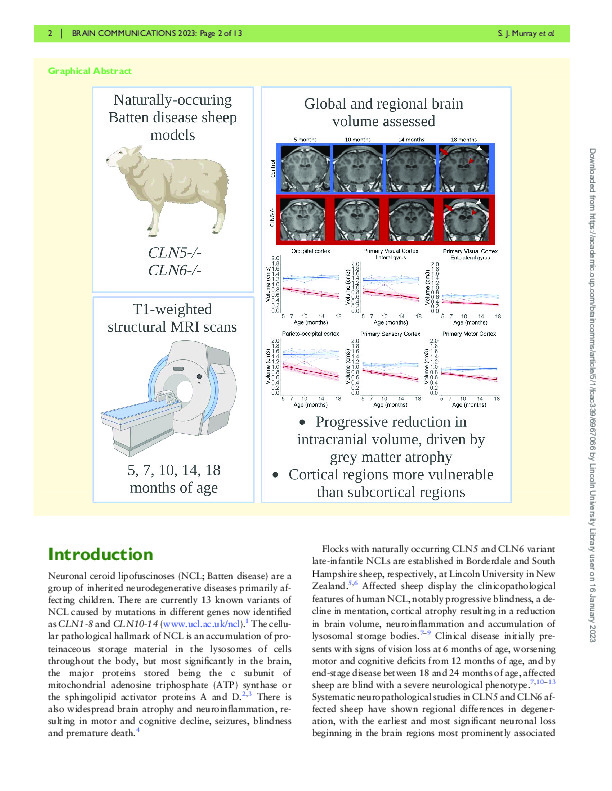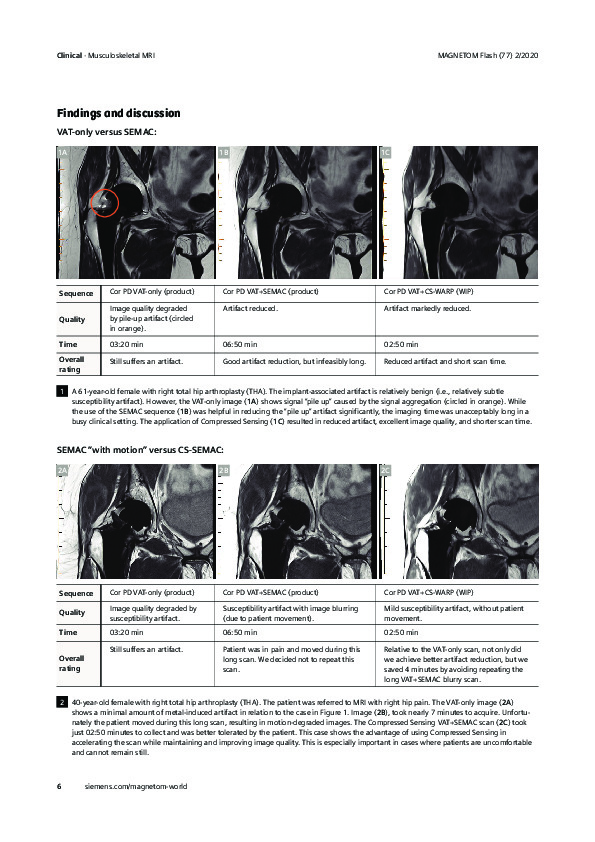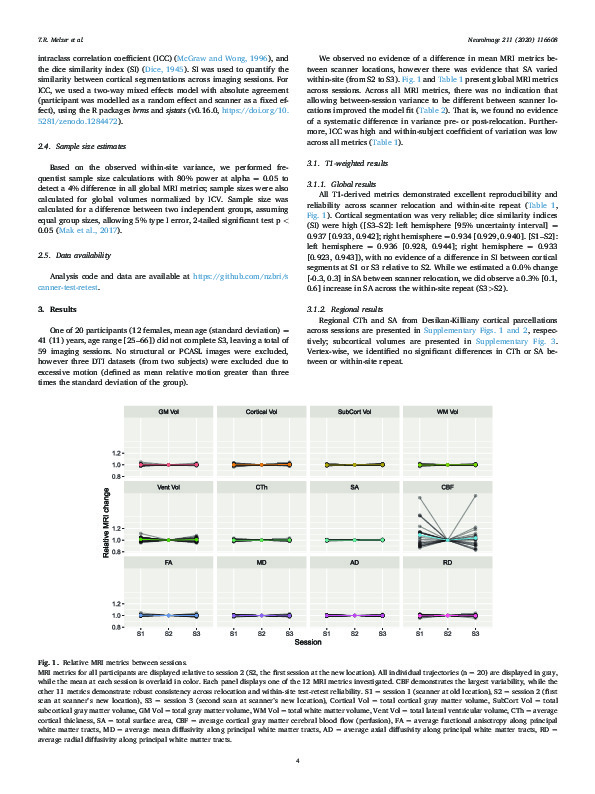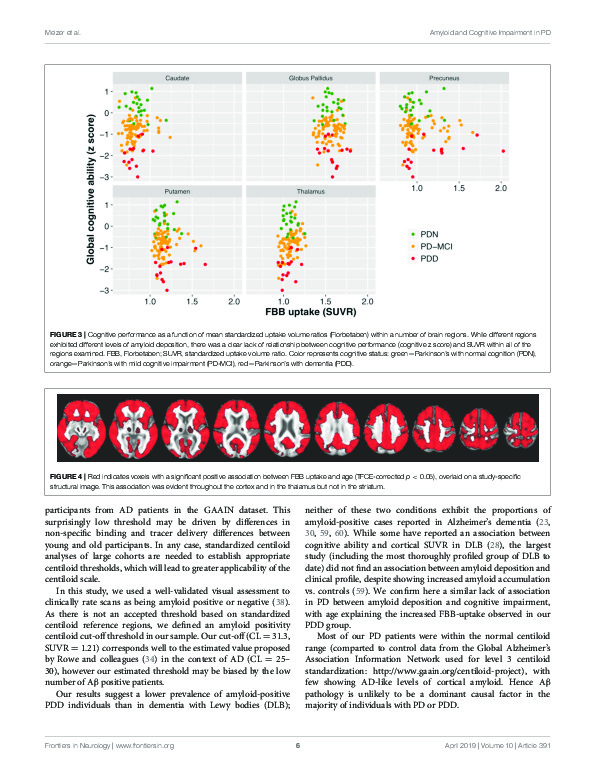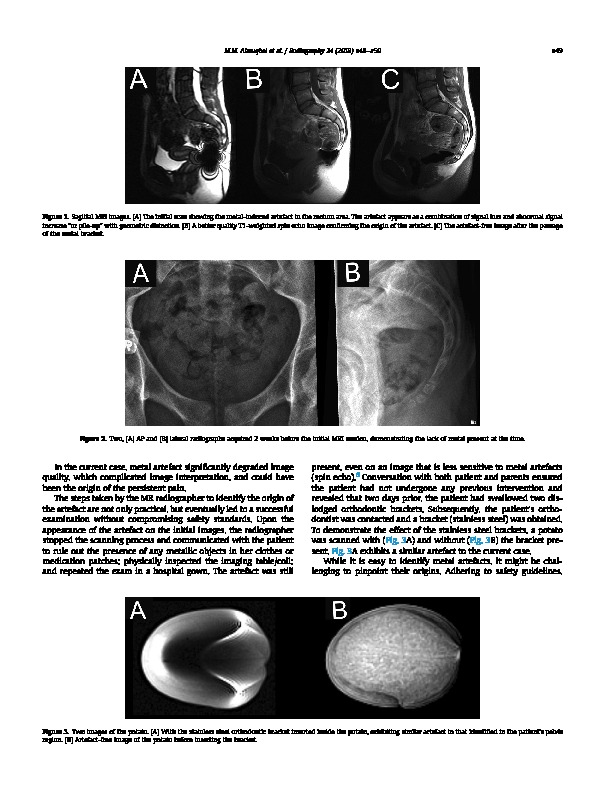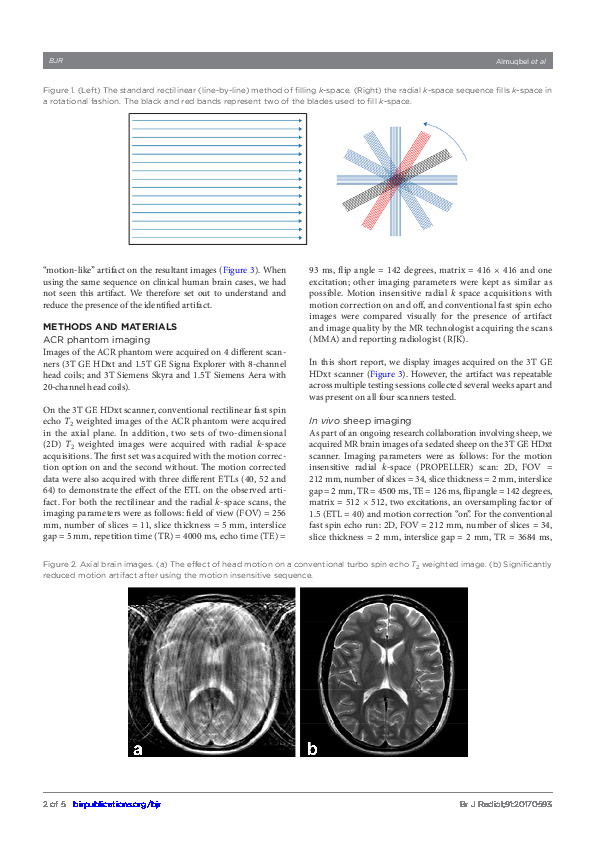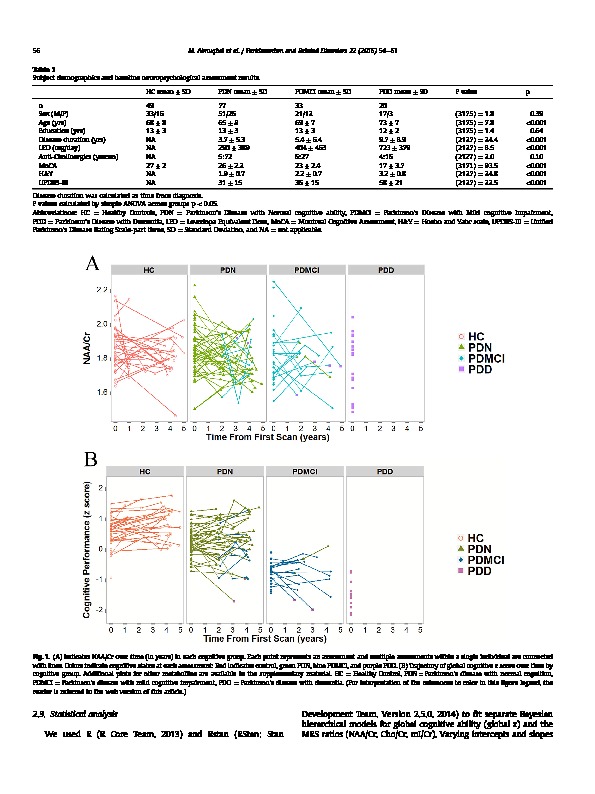Dr Mustafa Almuqbel
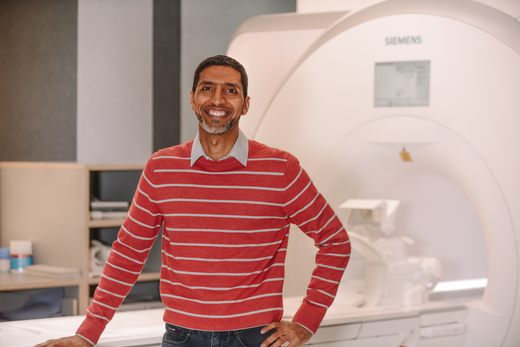
ARRT, CAMRT, PhD
This person is no longer at the institute and this page is for historical access to their publications only
Publications
Provided on request for non-commercial personal use by researchers.
2025
(2025). Magnetic Resonance Imaging as a Readout of CLN5 Gene Therapy Efficacy in Sheep. Brain and Behavior, 15, e70431. 10.1002/brb3.70431
2024
(2024). Early‐phase amyloid PET reproduces metabolic signatures of cognitive decline in Parkinson's disease. Alzheimer's & Dementia: Diagnosis, Assessment & Disease Monitoring, 16(2), e12601.. 10.1002/dad2.12601
(2024). Evaluation of deep‐learning TSE images in clinical musculoskeletal imaging. Journal of Medical Imaging and Radiation Oncology. 10.1111/1754-9485.13714
2023
(2023). The New Zealand Parkinson’s Progression Programme. Journal of the Royal Society of New Zealand, 53, 466-488. 10.1080/03036758.2022.2111448
(2023). Progressive MRI brain volume changes in ovine models of CLN5 and CLN6 neuronal ceroid lipofuscinosis. Brain Communications, 5(1). 10.1093/braincomms/fcac339
2020
(2020). Compressed sensing in metal hip imaging: our experience. MAGNETOM Flash, 77, 4-8.
(2020). Test-retest reliability and sample size estimates after MRI scanner relocation. Neuroimage 211, 116608. 10.1016/j.neuroimage.2020.116608
2019
(2019). Beta amyloid deposition is not associated with cognitive impairment in Parkinson’s disease. Frontiers in Neurology, 10, 391. 10.3389/fneur.2019.00391
2018
(2018). MRI artefact in the rectum caused by ingested orthodontic brackets. Radiography, 24, e48-e50. 10.1016/j.radi.2017.10.002
(2018). Practical implications of motion correction with motion insensitive radial k-space acquisitions in MRI. British Journal of Radiology, 91:20170593, 1-5. 10.1259/bjr.20170593
2016
(2016). Metabolite ratios in the posterior cingulate cortex do not track cognitive decline in Parkinson's disease in a clinical setting. Parkinsonism & Related Disorders, 22, 54-61. 10.1016/j.parkreldis.2015.11.008
Abstracts and Short papers
2015
(2015). Longitudinal magnetic resonance spectroscopy in Parkinson’s disease. Proceedings of the 21st Annual Meeting of the Organization for Human Brain Mapping.
2014
(2014). Cognitive status in Parkinsons disease characterised by magnetic resonance spectroscopy. Proceedings of the International Australasian Winter Conference on Brain Research (AWCBR), Queenstown, New Zealand, 32, 34.


_2024.pdf.jpeg)

